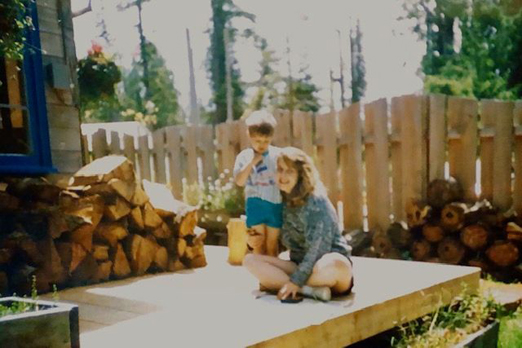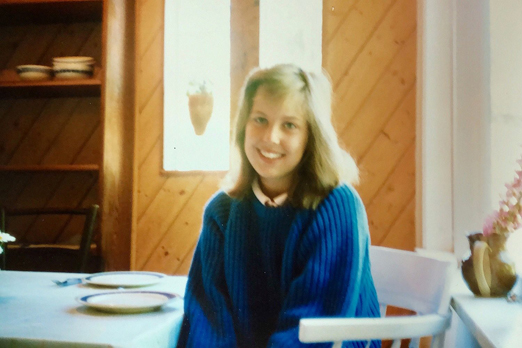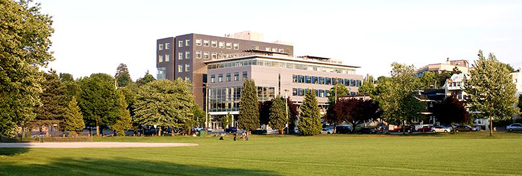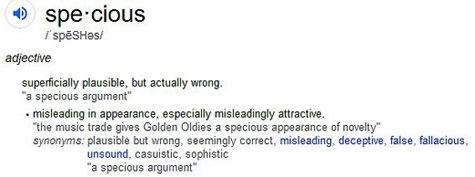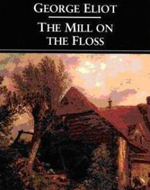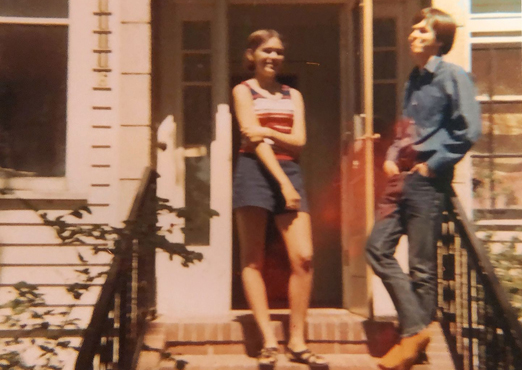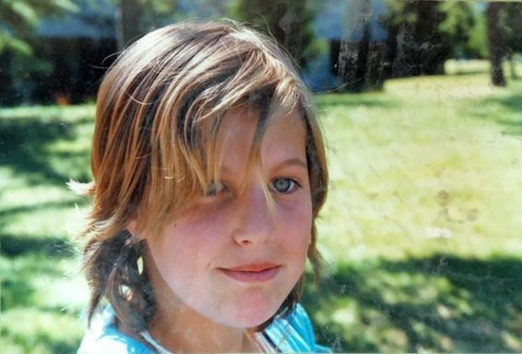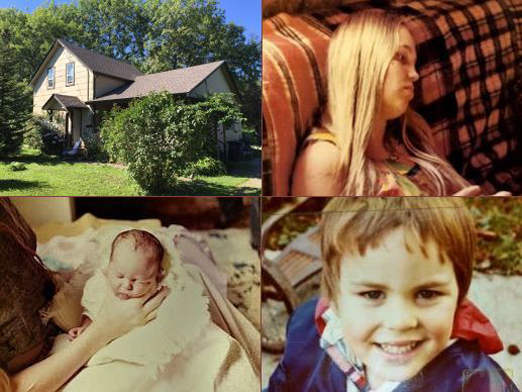
In the spring of 1974, Cathy and I traveled to Europe for a three-month vacation across the vast expanse of the European continent, something Cathy had insisted on — and when Cathy wanted something, she got it.

Within 48 hours of our arrival at Heathrow Airport, and after snuggling down in a small hotel, Cathy — who was two months pregnant at the time, her pregnancy not in any way proving a deterrent to her desire for a summer European sojourn — fell “ill”. Cathy and I took a taxi to the hospital, where she ended up staying a week, miscarrying our child.
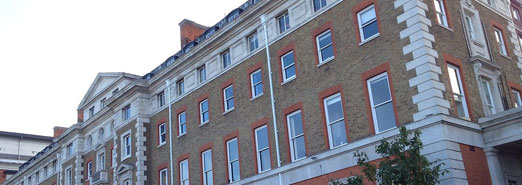
In the two months prior to our departure, Cathy and I had talked about whether we should follow through on our summer plans, given that when we had traveled to San Francisco to visit her mother’s cousins, she had miscarried. But Cathy’s mind was set, and the doctor signed off, so …

After leaving the hospital, Cathy needed rest, so we traveled down to and vacationed on the Isle of Wight for a week, before continuing our vacation on the continent, taking a luxury cruise ship from Southampton to Lisbon.
The vacation was everything and more that we both thought it might be, and by the end of our vacation in the latter part of August, upon returning home (landing in Edmonton, where her mother and sister lived), we were both thrilled to discover that Cathy was pregnant once again!
Over the course of the nine months Cathy was pregnant this time, Cathy took every precaution to preserve her pregnancy: changing her diet to organic foods, plant-based proteins, and upon the advice of the doulas who worked with us during the pregnancy, a great many foods with Vitamin E, including almonds, sunflower seeds, spinach and broccoli, wheat germ and safflower oil, in order that Cathy’s uterus might become more supple.
On Friday, May 16th, 1975, just two days before Jude’s date of birth, Cathy and I took in a concert at the Queen Elizabeth Theatre, with Eric Andersen opening, and Phoebe Snow as the headliner. As it happened, our doctors — Roy, our primary physician, and his wife Dr. Patricia Blackshaw, who also saw Cathy during her pregnancy — were sitting in the row right behind us.
When Eric Andersen took the stage, Cathy went into labour, no Braxton Hicks contractions this time. We spoke with Roy and Patricia during the intermission — Patricia examining Cathy in a private room — with both advising us that it would be fine for the two of us to remain at the concert.
We called our doulas to inform them that Cathy was in labour, and that we’d be home around 11:30pm. Our son to be was on his way, and about to announce himself to the world!
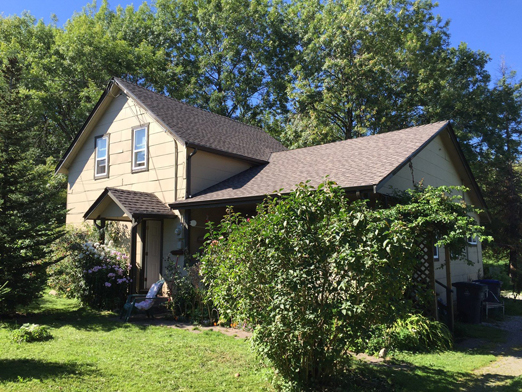 16343 96th Avenue, in the Tynehead area of Surrey. In the early 1970s, a decision had been taken by the GVRD to acquire all the land from 160th to 176th streets, and from 96th Avenue to Highway #1, in order that the regional district might create a large regional zoo. While discussions were ongoing, the GVRD acquired all of the land, renting it out to any who applied — which Cathy and I did early in 1973, living on the farm until August 1975, after which we traveled into the Interior for me to begin a teaching job.
16343 96th Avenue, in the Tynehead area of Surrey. In the early 1970s, a decision had been taken by the GVRD to acquire all the land from 160th to 176th streets, and from 96th Avenue to Highway #1, in order that the regional district might create a large regional zoo. While discussions were ongoing, the GVRD acquired all of the land, renting it out to any who applied — which Cathy and I did early in 1973, living on the farm until August 1975, after which we traveled into the Interior for me to begin a teaching job.
At the time Cathy and I were living on a five-acre farm in the Tynehead area of Surrey, renting our farm home (pictured above) from the Greater Vancouver Regional District, for $125 a month. Between boarding horses and selling hay (and the eggs from our chickens out back), we ended up living rent free on the property for more than two years.
Upon arriving home, our doulas were waiting for us, taking Cathy up to our bedroom to examine her. Cathy was only 1cm dilated, and birth didn’t seem imminent. We had prepared for a home birth and kept up our communication with Dr. Roy Blackshaw (who visited the next day), as Cathy’s labour continued throughout the Saturday, and into the evening.
Cathy’s mother called on Saturday morning, the phone answered by a friend of ours (who we had instructed not to tell her of the pending birth — Myrtle was opposed to the home birth, despite our precautions, and we felt sure that were she present, she’d harass us into going to the hospital).
Myrtle knew that something was afoot. When she hung the phone up at 10am, she almost immediately had friends take her to the Edmonton airport. By 2pm, she was bursting through the front door of our house, all but screaming, “Where’s my daughter? Where’s Cathy? I want to see her now,” yelling this in a packed front room of 20 of our closest friends.
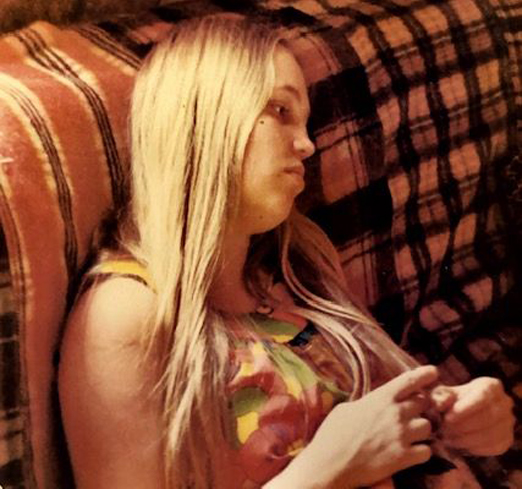
Now, you can see a picture of Cathy above in the week before Jude’s birth — Cathy gained massive weight, going from 110 pounds to 185 pounds. By the time her labour pains started, she was more than ready to give birth — but truth be told, both a little uncertain and a little scared at the prospect.
We had made the decision for a home birth in large measure because: Cathy wanted me present and in the room for the birth, which at the time no hospital would allow, and because we didn’t want drops placed into our child’s eyes, and his care taking place in an antiseptic hospital setting.
From the time Myrtle arrived on Saturday til noon on Sunday, she was like a broken record: “Get Cathy to the hospital now. What are you trying to do, kill my daughter?” Myrtle threatened to sue the doulas, and have me charged if any harm came to her daughter. To be fair, had I the opportunity to do it all over again, I would opt for a hospital birth, despite the attendant “problems” that a hospital birth would have conferred on us, and our baby.
Finally, at noon on Sunday, after speaking with the doulas and on the advice of Roy Blackshaw, we made the decision to have the birth at Surrey Memorial Hospital, who were ready for us upon our arrival, placing Cathy in a wheelchair and whisking her to the maternity ward, and into a surgical room where Roy and three nurses were waiting for us.
The room was brightly lit (not what we wanted), the nurses overly officious and insisting that everything be “done by the book”, ordering me out surgical room with Cathy screaming, “No, no, no! He stays!”
Roy took charge, and ordered the nurses out of the delivery room, telling me to stay, and asking that I dim the lights. By 1pm, Jude was ready to announce himself to the world, with Cathy’s screams of pain piercing the room, with me not knowing what the heck was going on, and Roy keeping the both of us calm, and focused.
At 1:42pm, on a warm, sunny and wondrous Sunday, May 18, 1975 afternoon, Jude Nathan Tomlin was born — the single most transformative and most joyous moment of my life (and Cathy’s, too, as within seconds of Jude’s birth, Cathy looked at me to say, “I want another baby right away!”).
Roy recommended keeping Cathy in the hospital overnight, with Cathy and I discussing a middle name for our new baby boy. Earlier, we had decided on the name Jude — one sunny afternoon while visiting friends a couple of months prior to our son’s birth, as we were conversing around the dinner table about what we would name our child, something miraculous occurred: at the very same moment, the song Hey Jude came on the radio, the recently drafted Montréal Canadiens centre Jude Drouin, scored a goal (the hockey game was playing on the TV, which could just be heard in the background), and at the very same moment, Cathy and I simultaneously spotted a copy of Thomas Hardy’s Jude the Obscure on a side table. Almost in unison, Cathy and I screamed out, “Jude, we’ll name our child Jude!”
And so we did.
In her hospital room early on Monday, with me by her side, Cathy and I discussed what name we would choose for Jude’s middle name. At the time, Cathy was reading Nathaniel West’s Miss Lonelyhearts, West’s widely regarded masterpiece, the book on the table by her bed (Cathy had asked me to bring the paperback to the hospital later on the Sunday afternoon of Jude’s birth). I suggested to Cathy, “How about Nathaniel as the middle name?” Cathy considered my suggestion for a moment before saying, “Nathan, let’s choose Nathan, instead, for his middle name.” And so we did.
By 2pm on Monday afternoon, just 24 hours after Jude’s birth, Cathy and I left the hospital to return to our home (Myrtle traveling in a taxi, right behind our car). Once home, Cathy rested, and I assumed Jude’s care, along with his maternal grandmother, who was now calmer, and … elated!
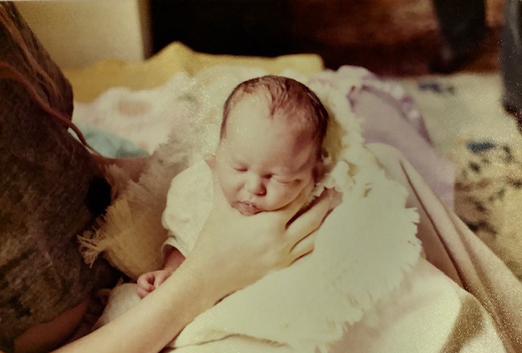
Cathy’s mom stayed only through Tuesday afternoon (Cathy insisted she leave — Cathy wanted the experience to be ours, sans her mother). On Wednesday, we left our farm house to go shopping at the Woodward’s food floor at the nearby Guildford Shopping Centre, Jude’s first foray into his bright new world — from the time we got out of the car, until we reached the entrance to the food floor, at least a dozen people stopped us to look at our newborn son, with Cathy & I beaming like the proud parents we were!
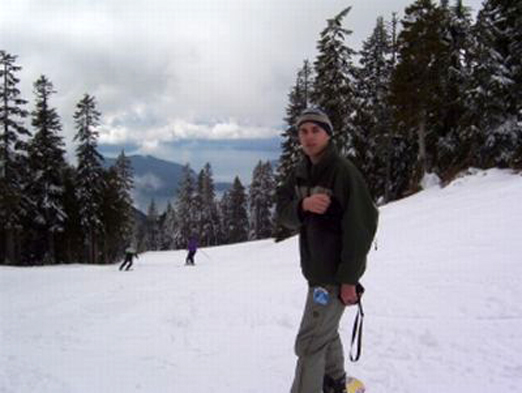 Jude Nathan Tomlin, the boy now man, in the winter of 2017, snow boarding up on Grouse Mountain. Happy 44th birthday, my most beloved, precious and much-loved son.
Jude Nathan Tomlin, the boy now man, in the winter of 2017, snow boarding up on Grouse Mountain. Happy 44th birthday, my most beloved, precious and much-loved son.

